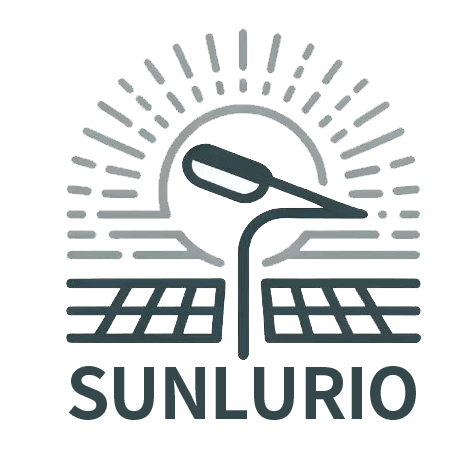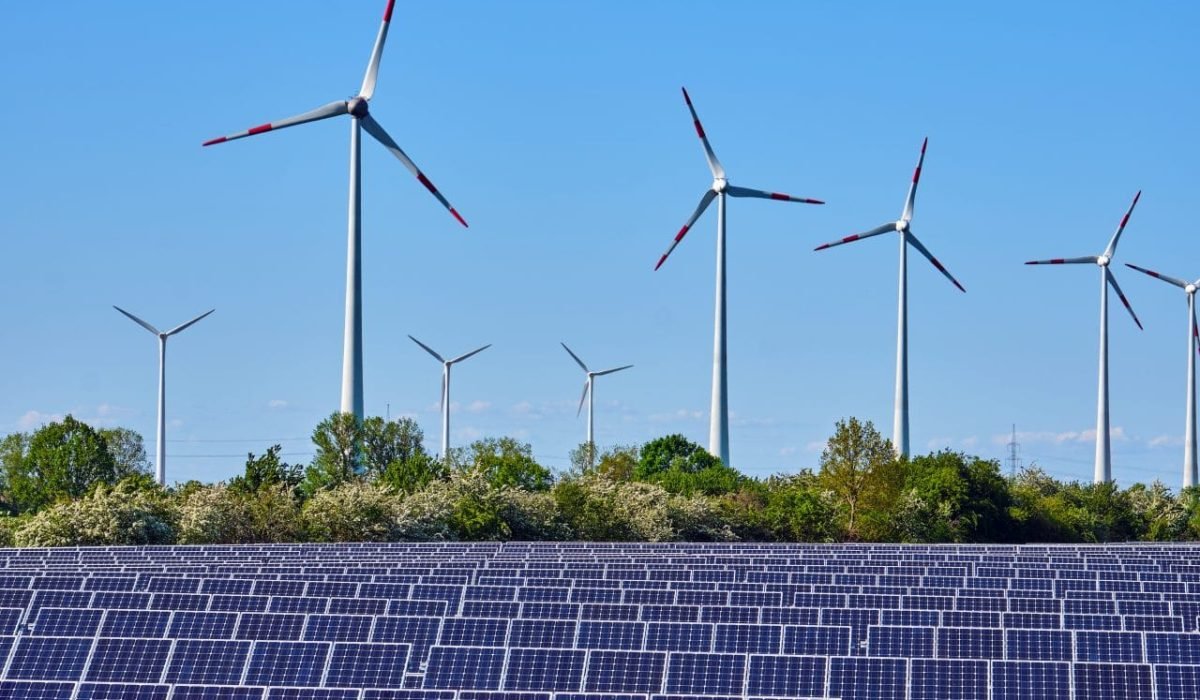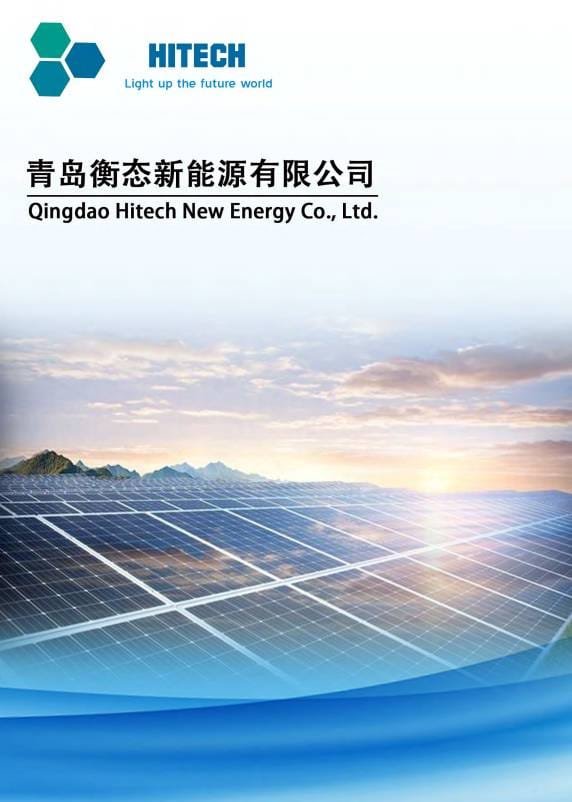If you’re an EPC contractor or distributor working in Tanzania, the biggest risk in solar street lighting is rarely “brightness”.
It’s wrong specs + missing documents + acceptance failures — which cause BOQ rework, delayed approvals, and budget blow-outs.
This guide is written for EPC contractors, municipal projects, and distribution partners in Tanzania who need a manufacturer that can deliver:
- Tender-ready submittal packages (photometry references, battery/BMS documents, pole corrosion direction)
- Stable performance for heat, dust, and coastal corrosion (tender-clause dependent)
- Fast BOQ matching and engineering support before submission
Update note: Maintained using common tender clauses, consultant submittal checklists, and recurring failure modes seen in Tanzanian project deliveries (missing documents, corrosion at base area, post-work damage, sealing/cabling issues).
TL;DR (For EPCs & Project Managers)
- Tanzania is a donor-heavy + government-tender market. REA and donor-backed programs drive many rural packages.
- Approvals often depend on documents and acceptance readiness, not marketing claims.
- Don’t just buy a lamp. Choose a manufacturer that provides a Compliance Pack + BOQ matching + acceptance-ready deliverables.
Get the Tanzania Tender-Ready Compliance Pack (EPC Only)
Send us any of the following (even partial is OK):
- Tender clause / Employer’s Requirement (PDF or screenshot)
- BOQ (Bill of Quantities) or item list
- Project details: location (coastal/inland), pole height range, spacing target, road width (if available)
Within 12–24 working hours, you’ll receive:
1) BOQ Matching Table: mapping your BOQ lines to our recommended configurations
2) Submittal Checklist (Index): what documents are typically requested for approvals (photometry references, compliance declarations where applicable, battery/BMS documents, IP/IK options)
3) Acceptance Notes: incoming inspection checklist for poles/coating and common site failure points to avoid
4) Wiring / configuration notes (as applicable, based on your tender clause)
👉 Request Your Compliance Pack Now
(Strictly for B2B/EPC projects. No retail/household inquiries.)
1) How Procurement Works in Tanzania (What EPCs Actually Face)
Understanding the buyer channel determines your bid strategy.
A) Government / Rural Programs (REA-style packages)
Often bundled with rural road upgrades and electrification.
EPC reality: You win or lose on submittals + compliance + acceptance readiness.
B) Donor-Funded Programs (World Bank / AfDB / UNDP)
Donor-funded programs often enforce stricter documentation and traceability.
EPC reality: If your supplier cannot provide a clean and complete submittal set, your bid can stall or be rejected.
C) Road EPC Packages (Chinese EPCs + Local Subcontractors)
Large highway upgrades may include solar street lights in scope.
EPC reality: Timelines are tight. You need a factory partner who can ship container-ready loads with correct documentation and consistent batch quality.
2) What Evaluators Commonly Check (Tender Reality Check)
You don’t need the “best marketing”. You need to pass approval and acceptance.
2.1 Documents that commonly decide approvals
Depending on the tender clause, evaluators and consultants commonly request:
- Photometry references (IES files / layout basis): used for DIALux layouts and lux assumptions
- Battery & BMS documentation: chemistry, protection logic, traceability, and cycle-life references where required
- Ingress protection options: IP rating approach, sealing/cable gland notes (reports where applicable)
- Warranty statement + spares strategy: project-grade, not retail
Common EPC failure mode: suppliers promise compliance but cannot produce an organized, consistent submittal pack.
2.2 Outdoor reliability (Tanzania-specific stress)
Common field stress in Tanzania includes:
- Heat: affects battery life and enclosure derating
- Dust: impacts sealing and cable entry points
- Coastal corrosion (Dar es Salaam / Tanga / Zanzibar): drives pole and hardware corrosion risk
- Surge/lightning: requires a clear protection and grounding strategy (project dependent)
For coastal projects, pole protection should be specified by recognized HDG standards (e.g., ISO 1461 / ASTM A123 equivalent), and verified by an incoming inspection plan (measurement points and acceptance approach per standard).
3) The Supplier Landscape (Where the Gap Usually Is)
PayGo / home-system brands
Strong in household or community-level solar, but documentation depth and road-project engineering support can vary by program and scope.
Typical EPC limitation: not optimized for tender submittals, BOQ matching, and acceptance workflows at road-project scale.
Local traders / spot purchases
Good for buying a few units quickly.
Typical EPC limitation: limited documents, limited traceability, and no structured engineering support for tenders.
Sunlurio (Upstream manufacturer for EPCs and distributors)
We support EPCs and distributors as the factory behind the project.
- You keep the contract and local relationship
- We supply project-grade configurations + tender-ready submittal support
- We align configuration and documents to the actual tender clause (not generic brochure specs)
4) Comparison (EPC View: Risk & Deliverables)
| Supplier Type | Best Fit For | Disqualification / Rework Risk | What Sunlurio Changes |
|---|---|---|---|
| PayGo/home-system brands | household/community scope | Medium–High (scope + docs vary) | Clause-matched submittals and project-grade configs |
| Local traders | spot purchases | High (docs/traceability limited) | Controlled deliverables + acceptance notes |
| Sunlurio | REA / donor / road EPC bids | Lower when clause matched | Compliance Pack + BOQ matching + acceptance-ready support |
5) FAQ (Tanzania EPC & Distributor Questions)
Q: What disqualifies suppliers most often in tender projects?
A: Missing or inconsistent documentation, unclear acceptance criteria, and mismatched specs versus the tender clause.
Q: Do we need IES files for approvals?
A: Many consultant workflows rely on photometry references for DIALux layouts and assumptions. If required by your tender/consultant, having these organized early prevents rework.
Q: Can you support shipping to Dar es Salaam?
A: We can support standard export terms (FOB/CIF) and provide shipment documentation aligned with contract requirements.
Q: We are a distributor. Can you support us without competing locally?
A: Yes. We are a B2B manufacturer. We support distributors with project-grade documentation, consistent batches, and tender-ready deliverables.
Secure Your Bid With Clause-Matched Deliverables (EPC Only)
Send your tender clause or BOQ.
We’ll reply within 12–24 working hours with a BOQ matching table + submittal checklist + configuration notes (and acceptance notes where relevant).
👉 Contact Sunlurio Team
(No retail / household inquiries.)


